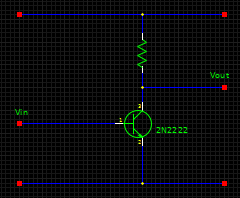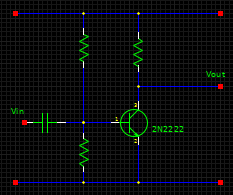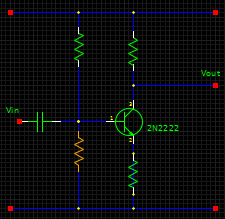I was putting together a basic description of climate science based on electronics (to be more appropriate to readers here), and wanted to confirm some facts with my brother. He said I could quote him under the understanding that he was only an author on the IPCC report, and does not speak for the IPCC.
Me: Is there any plausible climate model that does not rely on some form of greenhouse effect for temperature regulation? As I understand it, the only scientific debate left is as to the actual sensitivity?
Brother: Nope. And the sensitivity itself isn’t really up for debate, at least in terms of basic physics. Arrhenius wasn’t far out with his first estimate back in 1897, if I remember right. Recent models “run hot” (return higher than expected transient climate sensitivity) because of emergent feedbacks from tropical convection/clouds (as model resolution improves, more and more processes can be empirically modelled, instead of parametrised). There’s no consensus on whether this is an error of modelling or a process that’s been overlooked (undiscovered). Still, assessments tend to filler out the “too-hot” models, just to be on the safe side. As for skeptics, the 6th assessment report went through the rounds of open/public review, received hundreds of thousands of comments/criticisms (across the three working groups, each of which had to be addressed in writing, with adjustments to the text to match. Essentially, it’s the single most robust scientific document in the history of humanity. It concluded that anthropogenic warming is incontrovertible. If some idiot thinks they can do better, they should publish their paper and sit back, waiting for the Nobel committee to call.
TL;DR There is no published evidence that challenges our understanding of the existence or cause of climate change in any serious way. But there is a mountain of evidence in support. If folks want to ignore the mountain, there’s little point in trying to convince them of anything.
What struck me most is “Essentially, it’s the single most robust scientific document in the history of humanity”. After a multi-year public review process, every comment received - be it from quacks or genuine scientists - was evaluated, tested and addressed in that report.






